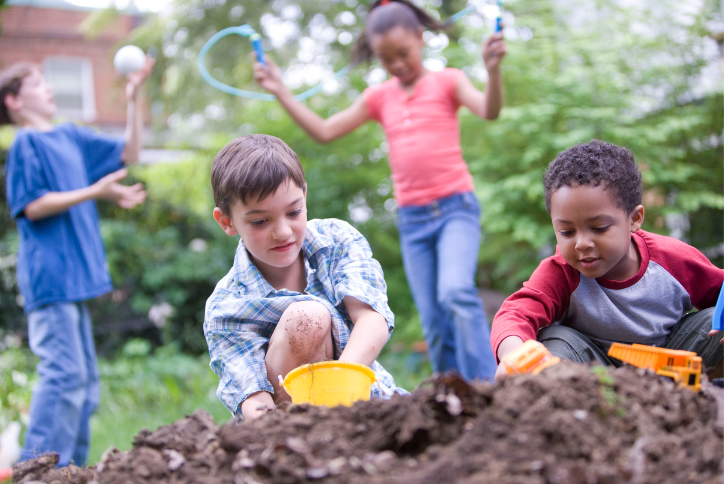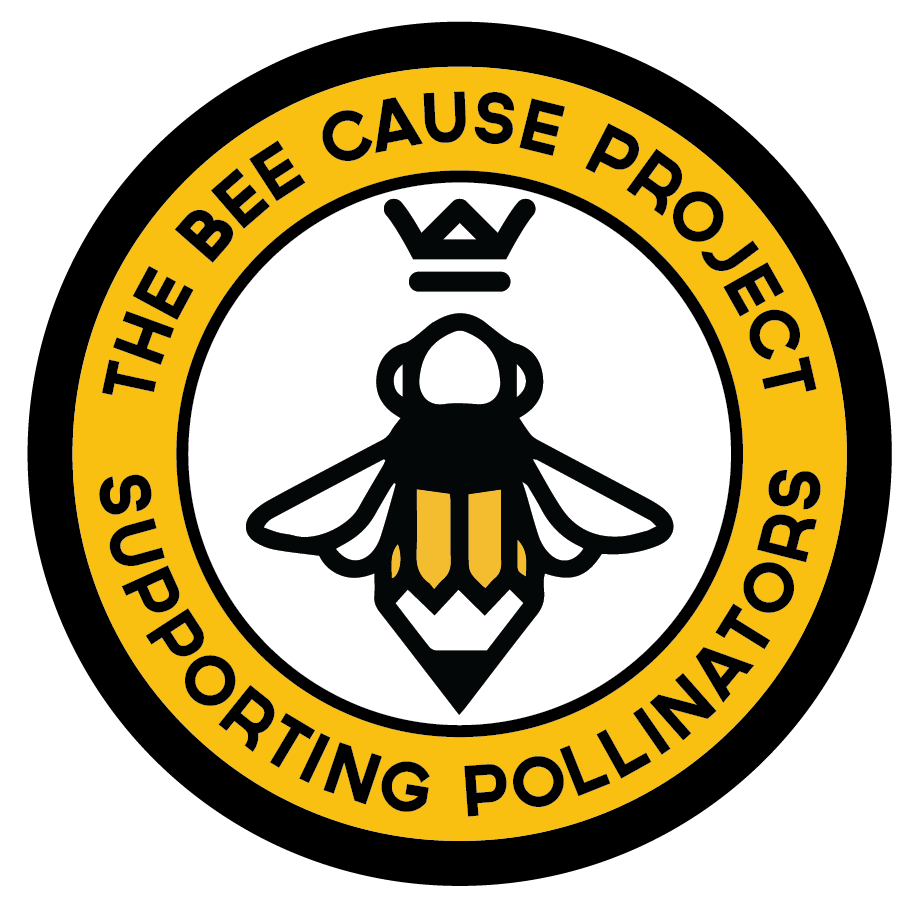Why Getting Kids Outside Matters: Addressing Nature Deficit Disorder Through Education

In today’s fast-paced, screen-filled world, many children are spending less time outside than ever before. This shift away from nature is more than just a lifestyle change – it’s having a real impact on kids’ well-being. The term nature deficit disorder, coined by author Richard Louv in Last Child in the Woods, describes the physical and emotional consequences of this disconnect from the natural world.
Studies show that children who spend more time in nature benefit from improved attention spans, reduced stress, better physical health, and stronger social-emotional skills (Louv, 2005; Bratman et al., 2015). Outdoor learning also enhances academic performance. A 2019 study published in Frontiers in Psychology found that lessons held in natural settings resulted in better student engagement and retention of material.
At The Bee Cause Project, we believe in the power of outdoor, hands-on education to combat nature deficit disorder and cultivate the next generation of environmental stewards. Through our Bee Grants and curriculum resources, we help schools and educators bring pollinator-focused learning to life, often right on school grounds.
From observation hives and pollinator gardens to citizen science and nature journaling, our programs give students the chance to explore the outdoors, ask questions, and connect with the ecosystems that support their daily lives. For many children, it’s their first experience seeing a honey bee up close or realizing that food systems start with flowers.
This work is about more than bees or books. It’s about giving kids the chance to fall in love with the world around them.
When students are given the opportunity to engage with the natural world in meaningful ways, they not only learn science. They learn empathy, responsibility, and joy. And that kind of education has a ripple effect that lasts far beyond the classroom.
Want to be part of the movement?
Reach out to learn more about our grant opportunities and classroom resources.
Sources:
- Louv, R. (2005). Last Child in the Woods: Saving Our Children from Nature-Deficit Disorder. Algonquin Books
- Bratman, G. N., et al. (2015). “The benefits of nature experience: Improved affect and cognition.” Landscape and Urban Planning, 138, 41–50
- Becker, C., et al. (2019). “Nature-based education improves learning and classroom behavior.” Frontiers in Psychology, 10, 3059




